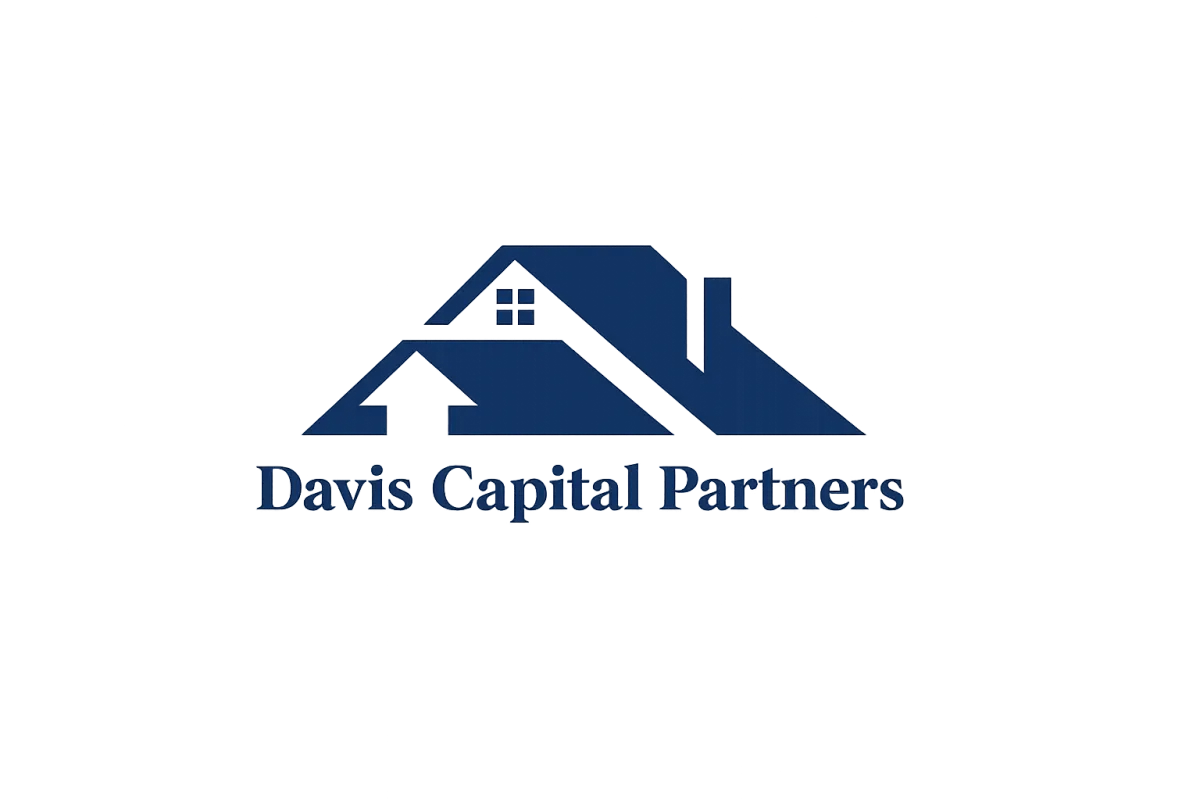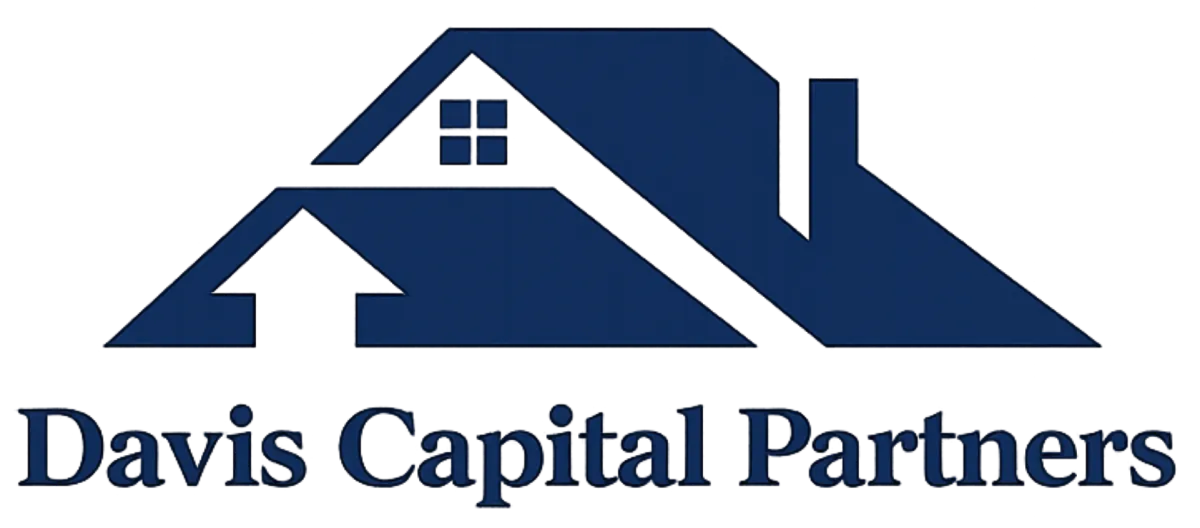Blog

How To Invest Based on Real Estate Market Cycle
The real estate cycle is a pattern of four phases that affects the supply and demand of properties in both residential and commercial markets.
The four phases are recovery, expansion, hyper supply, and recession. Understanding the real estate cycle can help investors make better decisions about when to buy, sell, or hold properties, depending on their investment goals and risk appetite.
In this article, I will explain each phase of the real estate cycle and how to invest based on the current market conditions.
1️⃣Recovery Phase
The recovery phase is the first stage of the real estate cycle after a recession. In this phase, the market is recovering from low occupancy rates, weak demand, declining rents, and reduced construction activity.
The recovery phase can be hard to identify, as many people are still pessimistic about the economy and the real estate market. However, this phase offers great opportunities for investors who are looking for bargains and long-term appreciation.
⭐The best strategy for investing in the recovery phase is to buy undervalued properties that have strong fundamentals, such as good location, quality, and potential for rent growth.
⭐Investors should also look for distressed properties that need renovation or repositioning, as they can offer higher returns once the market improves.
⭐Investors should avoid selling properties in this phase, as they may miss out on future capital gains.
2️⃣Expansion Phase
The expansion phase is the second stage of the real estate cycle, where the market is growing and thriving.
In this phase, occupancy rates are high, demand is strong, rents are rising, property values are increasing, and new construction is booming. The expansion phase is usually the longest and most profitable phase of the cycle for investors.
⭐The best strategy for investing in the expansion phase is to buy new or renovated properties that can benefit from high demand and rent growth.
⭐Investors should also consider selling properties that have reached their peak value or have low growth potential, as they can capitalize on high prices and reinvest in better opportunities.
⭐Investors should avoid buying properties that are overpriced or overbuilt, as they may face lower returns or losses in the next phase.
3️⃣Hyper Supply Phase
The hyper supply phase is the third stage of the real estate cycle, where the market is oversaturated with supply.
In this phase, supply exceeds demand, vacancy rates increase, rent growth slows down or reverses, property values stagnate or decline, and new construction slows down or stops. The hyper supply phase is a sign of an impending recession and a downturn in the real estate market.
⭐The best strategy for investing in the hyper supply phase is to sell properties that are vulnerable to lower occupancy rates and rents, such as those that are poorly located, outdated, or overleveraged.
⭐Investors should also hold onto properties that have stable cash flow and low debt service, as they can weather the storm and provide income during the recession.
⭐Investors should avoid buying properties that are dependent on high demand and rent growth, as they may face negative cash flow or capital losses in the next phase.
4️⃣Recession Phase
The recession phase is the fourth and final stage of the real estate cycle, where the market is in decline and distress.
In this phase, occupancy rates are low, demand is weak, rents are falling, property values are dropping, and new construction is minimal or nonexistent.
The recession phase is usually triggered by external factors such as economic downturns, financial crises, political instability, or natural disasters.
⭐The best strategy for investing in the recession phase is to hold onto properties that have strong fundamentals, such as good location, quality, and tenant mix.
⭐Investors should also look for opportunities to buy distressed properties that are selling at a discount due to financial difficulties or foreclosure.
⭐Investors should avoid selling properties in this phase unless they have to liquidate their assets or reduce their debt burden.
Conclusion
The real estate cycle is a useful tool for investors to understand the dynamics of the real estate market and how to adapt their strategies accordingly.
By knowing which phase of the cycle we are in and what factors affect it, investors can make informed decisions about when to buy, sell, or hold properties to maximize their returns and minimize their risks.

No Offer of Securities—Disclosure of Interests. Under no circumstances should any material at this site be used or considered as an offer to sell or a solicitation of any offer to buy an interest in any investment. Any such offer or solicitation will be made only by means of the Confidential Private Offering Memorandum relating to the particular investment. Access to information about the investments is limited to investors who either qualify as accredited investors within the meaning of the Securities Act of 1933, as amended, or those investors who generally are sophisticated in financial matters, such that they are capable of evaluating the merits and risks of prospective investments.
© 2026 Davis Capital Partners. All Rights Reserved.

